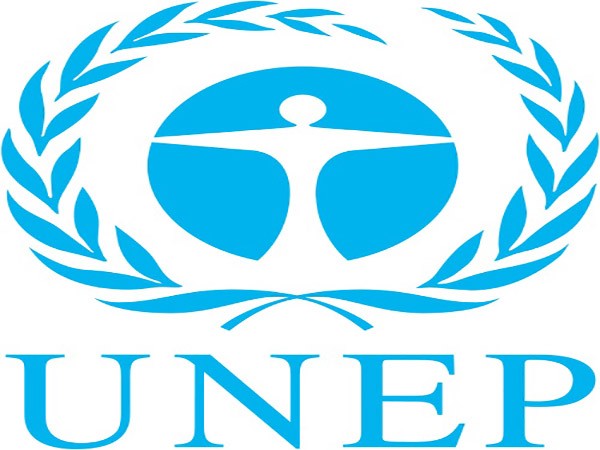
UNEP says 8.1 tln USD required by 2050 to tame global ecological crisis
May 28, 2021
Nairobi (Kenya), May 28: Countries should invest up to 8.1 trillion U.S. dollars from now until 2050 in order to arrest the triple ecological challenges of climate change, biodiversity loss and land degradation, the United Nations Environment Programme (UNEP) said in a report released in Nairobi on Thursday.
The State of Finance for Nature Report, compiled by UNEP, the World Economic Forum and the Economics of Land Degradation Initiative, says that increasing investments in habitat protection is key to hastening green growth and averting the spread of disease-causing pathogens.
According to the report, an annual investment of 536 billion dollars is required between now and 2050 to help plug a 4.1 trillion dollars financing gap that could derail the realization of a low-carbon and sustainable future.
"If we do not sufficiently finance nature-based solutions, we will impact the capacities of countries to make progress on other vital areas such as education, health and employment," said Inger Andersen, UNEP executive director, at a virtual meeting.
Andersen said that biodiversity loss alone is costing the global economy 10 percent of its output annually, adding that governments and industry should invest in ecosystem restoration whose spin-off effects include improved human health, food security and shared prosperity.
The report says that fiscal incentives are required to unlock capital flows towards nature-based interventions geared towards promoting climate resilience and creation of green jobs.
It says that investments in reforestation, landscapes restoration and enhanced conservation of marine life will directly benefit communities through food and water security, disaster mitigation and improved health.
The report says that more than half of total global GDP is dependent on nature, adding that increasing investments in regenerative agriculture and peatlands conservation is a prerequisite to sustain growth and combat pollution.
It says that a radical transformation in production and consumption systems is urgent to halt the depletion of vital ecosystems that has exposed communities to climatic shocks, hunger, poverty and infectious diseases.
"In order to ensure that humanity does not breach the safety limits of the planetary boundaries, we need a fundamental shift in mindset, transforming our relationship with nature," says the report.
It says that government policies related to trade, taxation combined with private sector investments should place a premium on nature protection in order to realize sustainability.
The report recommends tax waivers in order to unlock public and private sector investments in nature-based solutions to the climate crisis, pollution and habitat loss.
Source: Xinhua









